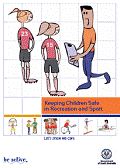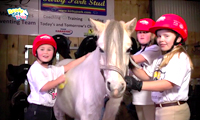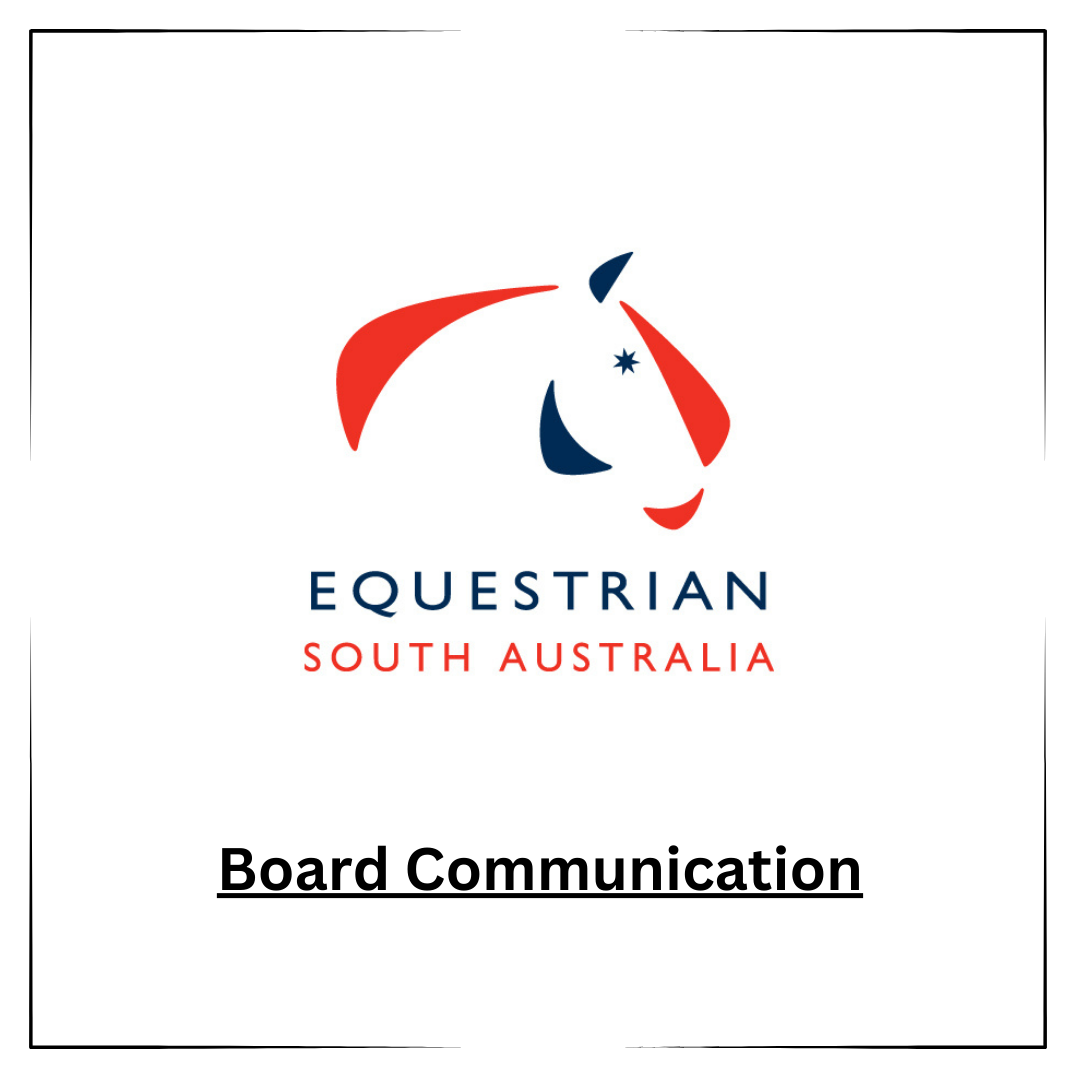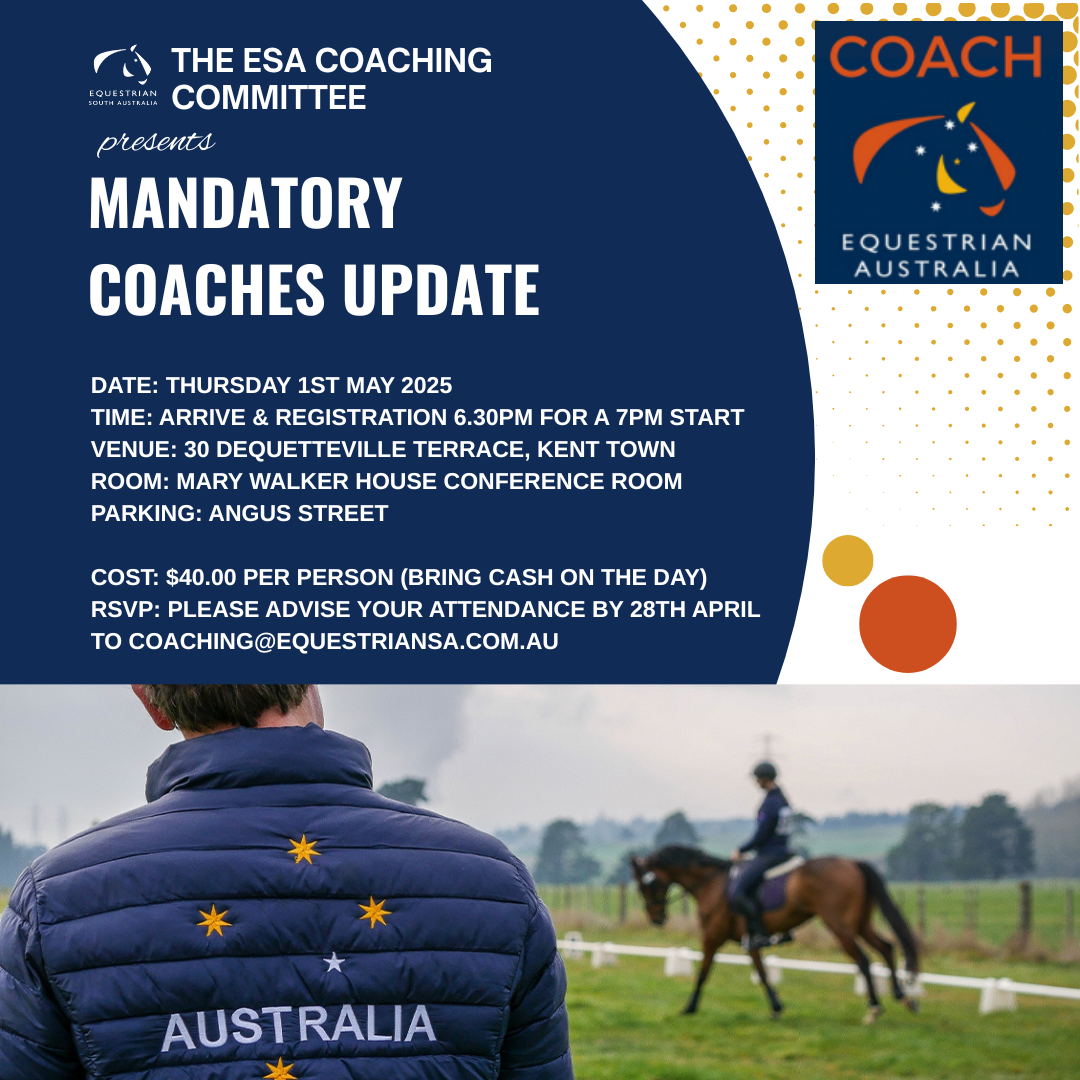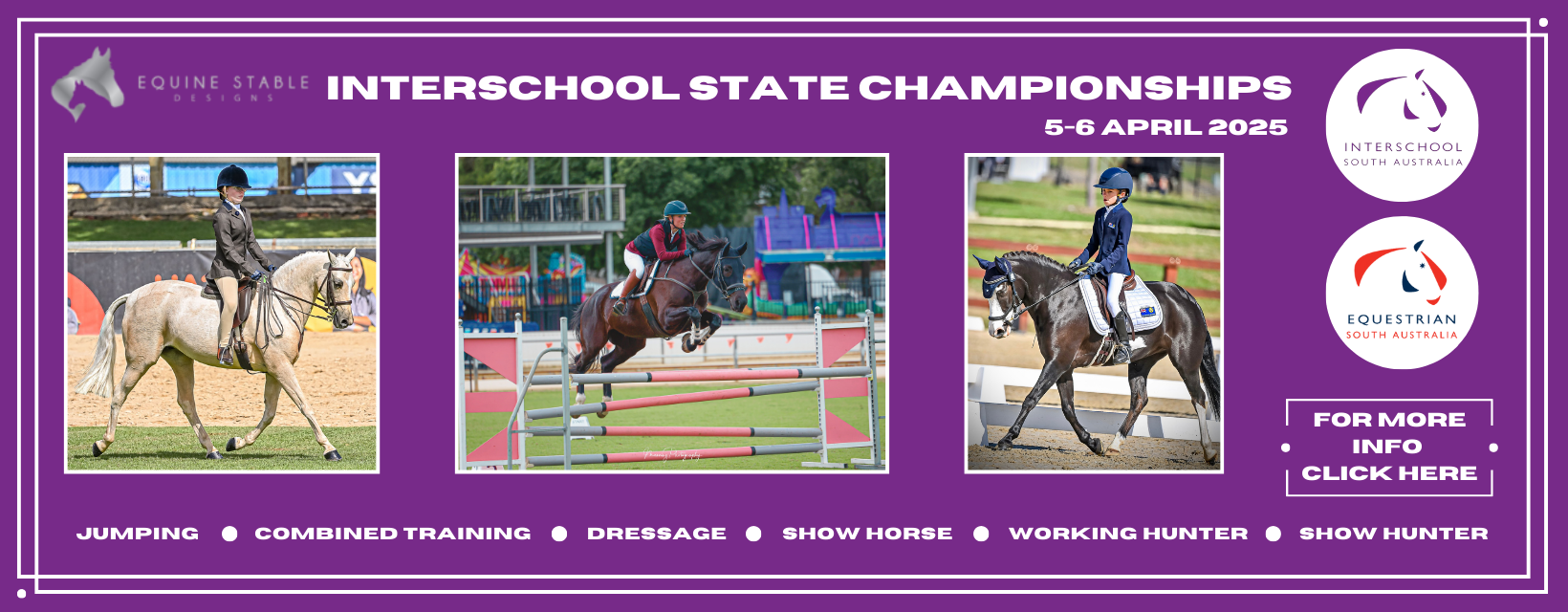Feeding and Exercise Management After a Spell
It is common practice in most performance disciplines for horses to have a break in the off season and be put out to pasture for a well deserved holiday. Spelling has multiple physical as well as psychological benefits for the horse and they often return with increased energy and renewed enthusiasm for their work. Time off can also give any niggling injuries and digestive conditions such as gastric ulcers and hindgut acidosis time to abate, therefore also improving physical health and soundness.
When bringing a horse back into work, correct feeding and management practices are essential. It is important that the right levels of energy are supplied to achieve optimum body condition, nutrient levels are met, and that the horse’s exercise programme is designed to avoid injuries and promote a long and successful season ahead.
The majority of horses are given a break over the winter months. In areas where there is an abundance of pasture most horses maintain or even gain weight when spelling and will be brought in with excess body fat. In areas where pasture is scarce, supplementary feeding will need to continue during spelling to maintain the horse’s condition. Those that have gained weight during their break will generally be around a body condition score of 4 (using the 0 to 5 condition scoring system), and some may even be a 4.5 if they particularly indulged while on holiday! The start of work will play an important role in decreasing body condition and most horses that are overweight will only require a balancer pellet such as KER All-Phase and forage to provide necessary nutrients without excess calories at the beginning of their training programme.
Horses that aren’t such easy keepers and haven’t gained as much weight will require more calories and could be fed a low energy complete feed in addition to good quality forage. Any horses that tend to be hyperactive or ‘hot’ in the early stages of training would benefit from a lower starch feed and KER Low GI Cube is ideal in this situation.
Despite the increased ‘spark’ the horse may have after a break, it is important to remember that significant fitness will have been lost during the time off, and exercise needs to be introduced slowly to avoid any injuries occurring in the early stages of training. Long slow distance work for the first four to six weeks is advised, to strengthen not only the horse’s musculoskeletal system but also to promote cardiovascular and respiratory health. Long slow distance work is essential for aerobic conditioning and especially important for disciplines where the horse is worked over a long period of time, such as dressage or endurance.
Due to decreased fitness, the horse may sweat significantly more when worked and therefore salt and an electrolyte replacer such as KER Restore will be especially important at this time. Care must be taken not to work the horse beyond their fitness capability in the early stages, however if muscle soreness does occur, antioxidant supplementation with natural vitamin E such as KERx Nano E plays an important role in muscle recovery and should be supplied in the diet at the first sign of soreness.
Strength training that is more specific to the particular discipline being trained for can be introduced to the training programme after four to six weeks. This includes dressage, small jumps and possibly some hill work 2 to 3 times per week. The horse will be unable to carry out strength work for the same length of time as slower paced work, and it is important to decrease the duration of the work as the intensity increases.
The working horse’s requirements for energy and nutrients increase significantly as work increases, so when the horse becomes fitter and loses any weight gained while turned out, consider a change of feed. Barastoc Competitor and Cool Command are complete feeds that are formulated to meet requirements of horses in moderate to heavy work and are ideal for when workload increases in the lead up to an event or competition.
Depending on the discipline, the horse may require fast work incorporated into its programme as it nears the first major competition. Fast work generally involves some galloping and is necessary for horses that have an anaerobic component to the discipline they compete in, such as galloping and jumping. Because it is easy to overdo gallop work and cause injuries, interval training can be useful to ensure the gallop period is kept short, and adequate recovery time is given in between sets.
Adequate forage, the correct amount of a fully fortified feed and additional salt and electrolytes will provide the performance horse with a balanced diet and meet requirements however additional supplementation may be required to target certain aspects. Supplements aimed at improving joint health, coat supplements, and natural vitamin E supplementation to prevent muscle soreness and tying up are commonly fed to competition horses, and digestive aids may also be required to combat common digestive problems.
It is important that any diet and training programme is altered depending on the individual horse and their training adaptations, and changes made to accommodate setbacks such as injuries or illnesses.
For further advice on bringing your horse in from a spell, or for a custom made diet to suit your individual horse’s needs, contact Kentucky Equine Research on 1800 772 198 or at[email protected].





